I was able to resolve this issue by providing all vendor-specific frameworks as s.vendored_frameworks in the podspec configuration of the plugin.
s.vendored_frameworks = 'x1.framework','x2.framework','x3.framework',
Pod::Spec.new do |s|
s.name = 'ble'
s.version = '0.0.1'
s.summary = 'A new flutter plugin project.'
s.description = <<-DESC
A new flutter plugin project.
DESC
s.homepage = 'http://example.com'
s.license = { :file => '../LICENSE' }
s.author = { 'Your Company' => 'email@example.com' }
s.source = { :path => '.' }
s.source_files = 'Classes/**/*'
s.public_header_files = 'Classes/**/*.h'
s.ios.deployment_target = '10.0'
s.requires_arc = true
s.ios.frameworks = 'Foundation', 'CoreTelephony', 'Security', 'CoreLocation', 'CoreBluetooth', 'CoreMotion', 'UIKit', 'SystemConfiguration', 'LocalAuthentication', 'CoreML'
s.dependency 'Flutter'
s.vendored_frameworks = 'SeosMobileKeysSDK.framework','BerTlv.framework','CocoaLumberjack.framework','JSONModel.framework','Mixpanel.framework'
end
All framework libraries are placed in the plugin folder itself

